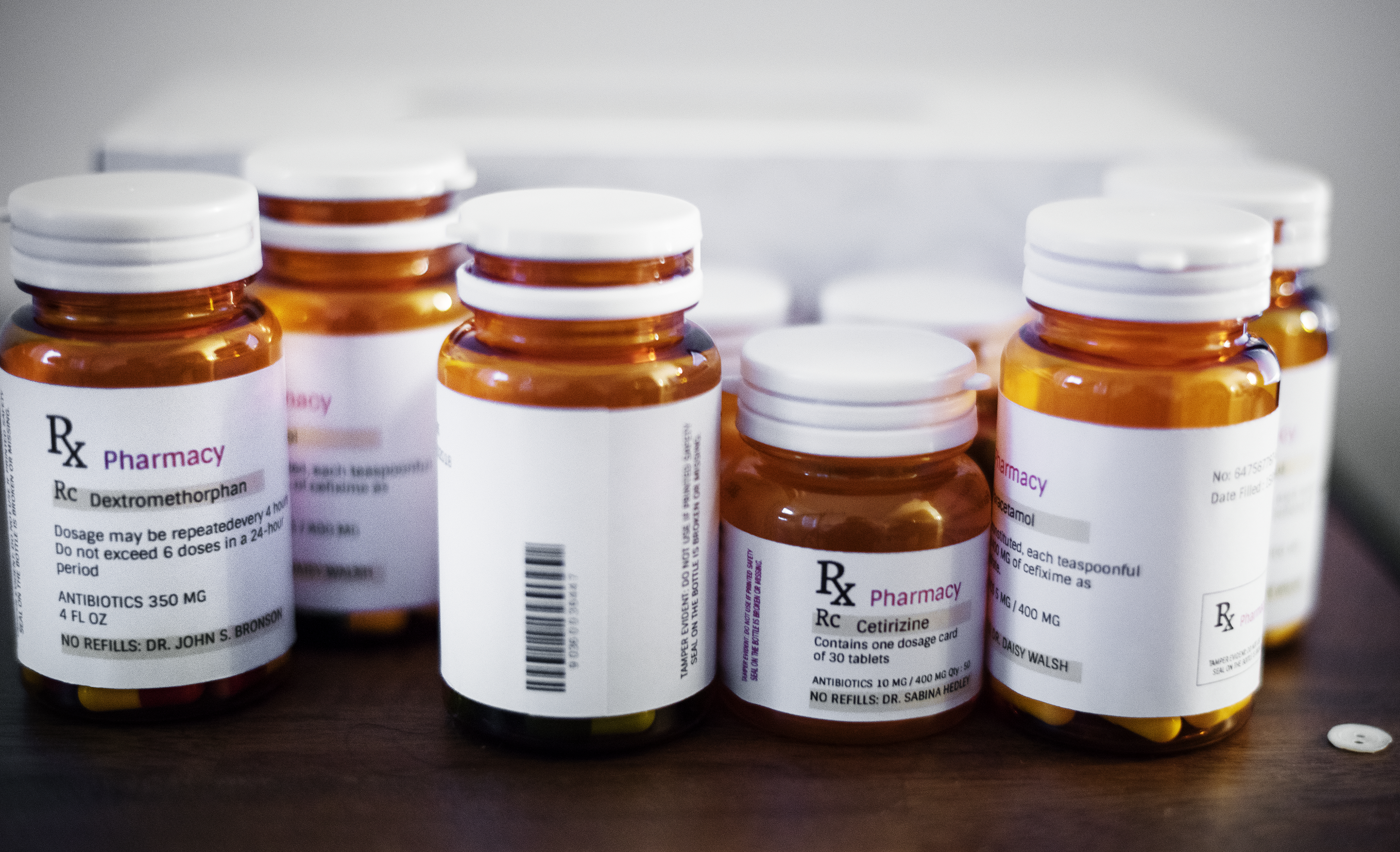
"Medication Expiration Dates: Safety, Efficacy, and Proper Disposal"
- Posted by: Bookera Publishers and Distributors
Beyond the Label: Understanding Medication Expiration Dates
Title: "Medication Expiration Dates: Safety, Efficacy, and Proper Disposal"
Description: "Explore what medication expiration dates mean, how they are determined, and what to do with expired medications to ensure safety and efficacy in your treatment."
Introduction
Medication expiration dates are often misunderstood, leading to confusion about whether expired medications are safe to use. Understanding these dates is crucial for ensuring safety and efficacy. In this blog, we'll explore what medication expiration dates mean, how they are determined, and what you should do with expired medications.
1. What Do Expiration Dates Mean?
- Guaranteed Potency: Expiration dates indicate the last date on which the manufacturer guarantees the full potency and safety of the medication. It does not necessarily mean the medication becomes ineffective or dangerous after this date.
- Manufacturer's Assurance: These dates are based on the manufacturer's assurance that the medication will retain its quality and effectiveness until that point, provided it is stored properly.
2. How Are Expiration Dates Determined?
- Stability Tests: Manufacturers conduct stability tests to determine how long a medication remains effective. These tests assess the drug's stability under various conditions.
- Storage and Packaging Factors: Factors like storage conditions (temperature, humidity) and packaging affect these dates. Proper storage can extend the shelf life of some medications.
3. Safety and Efficacy Concerns
- Reduced Effectiveness: Using expired medications can lead to reduced effectiveness or, in rare cases, safety issues. This is because the medication may degrade over time, losing potency or becoming unstable.
- Stability Beyond Expiration: However, some medications may remain stable beyond their expiration dates under proper storage conditions. This is why it's essential to consult a healthcare professional before using expired medications.
4. What to Do with Expired Medications
- Safe Disposal: Dispose of expired medications safely to prevent misuse and environmental harm. Improper disposal can lead to contamination of waterways and pose risks to wildlife.
- Proper Disposal Methods: Check with local authorities for proper disposal methods, such as take-back programs or designated drop-off locations.
5. Exceptions and Special Cases
- Extended Shelf Life: Some medications, like epinephrine auto-injectors, may have extended shelf lives under specific conditions. Always check the manufacturer's guidelines for these exceptions.
- Professional Guidance: Always consult a healthcare professional for guidance on using medications near or past their expiration dates. They can provide personalized advice based on the medication and individual circumstances.
Conclusion
Understanding medication expiration dates is key to ensuring safe and effective treatment. While expired medications may not always be harmful, it's important to follow guidelines and consult healthcare professionals when in doubt.
Hashtags:
- #MedicationExpirationDates
- #PharmacySafety
- #MedicationEfficacy
- #ProperDisposal
- #HealthcareTips
- #MedicationManagement
- #PatientSafety
- #PharmaceuticalIndustry
- #HealthcareEducation
- #MedicationAdherence
- Address: Shop No-239-240, Chaura Rasta, Near Tadkeshwar Mandir Jaipur (Rajasthan)-302003
- Email: bookerapub@gmail.com
- Phone: +91 9024040890

